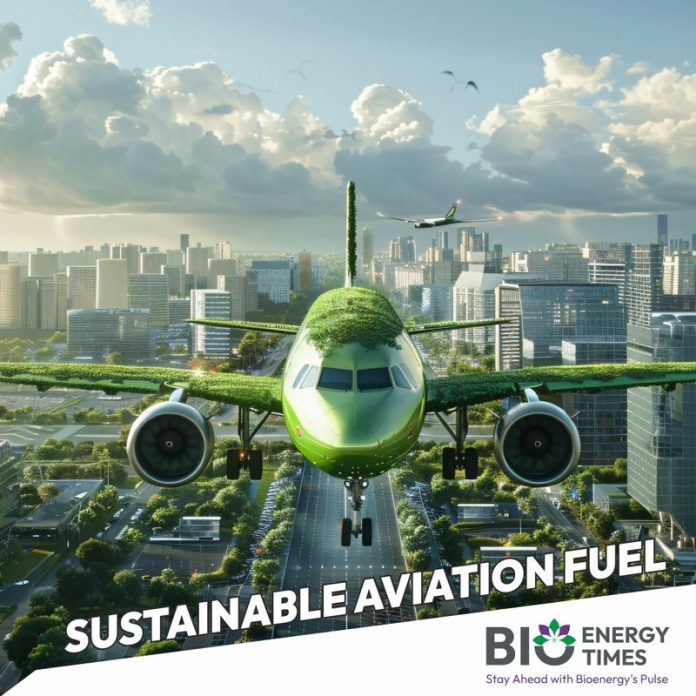NTPC Green Energy Ltd (NGEL) is currently in discussions with several global airlines, including British Airways, Lufthansa, Singapore Airlines, and Virgin Atlantic, to secure contracts for supplying sustainable aviation fuel (SAF). The SAF will be produced at NGEL’s green hydrogen hub in Andhra Pradesh, which has not yet begun production, according to a source familiar with the matter, reported Mint.
“NGEL has initiated talks with multiple potential SAF buyers. These discussions are still in the early stages. The industry is awaiting the finalization of SAF standards both in India and globally, which will help finalize these offtake agreements,” the source added, as per the media report.
In response to an inquiry from Mint, a Lufthansa spokesperson said: “While we cannot comment on specific commercial talks, we can confirm that Lufthansa Group is one of the largest buyers of SAF in Europe, and we are always open to exploring opportunities to increase the supply of this vital resource.”
A spokesperson for Singapore Airlines stated that the company does not comment on any “confidential discussions” it may or may not be engaged in. Queries sent to NTPC, British Airways, and Virgin Atlantic went unanswered at the time of publication.
SAF is an alternative aviation fuel produced from feedstocks such as grains, alcohol, and food waste.
NTPC’s subsidiary, NGEL, is set to begin SAF production at its green hydrogen hub in Pudimadaka, Andhra Pradesh, in 2026-27. The company plans to build and lease facilities for renewable energy generation and the production of green molecules like green hydrogen, green ammonia, SAF, green methanol, ethanol, and green urea. The hub, expected to be developed with a capital investment of ₹1.85 trillion, will be located on a 1,600-acre site near Vishakhapatnam.
The hub is anticipated to produce 1,500 tonnes of SAF per day, along with 1,500 tonnes of green hydrogen, 4,500 tonnes of green ammonia, and 1,500 tonnes of green methanol, among other products. This expansion into green molecules aligns with NTPC’s broader strategy to decarbonize its operations and transition into new green energy markets, as the role of coal-based power generation—NTPC’s traditional focus—is diminishing.
NTPC, the largest power generation utility in India, plans to invest ₹5 trillion in green energy and green molecules by 2030. Currently, NGEL has a capacity of 6 gigawatts (GW), with plans to grow it to 19GW by 2026-27. By 2030, approximately 90% of NGEL’s planned 60GW capacity will come from solar power.
To read more about Sustainable Aviation Fuel Industry News continue reading Bioenergytimes.com















